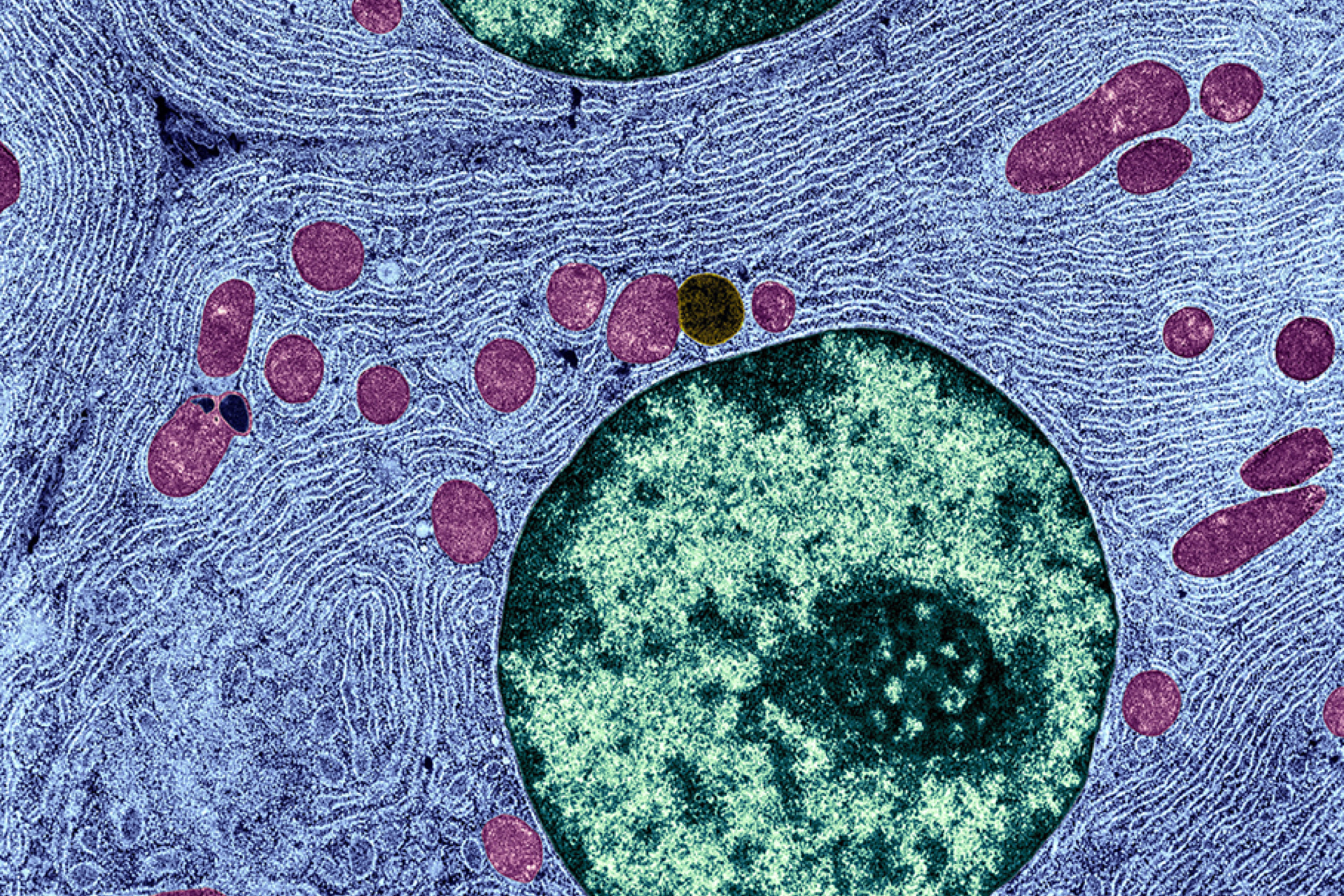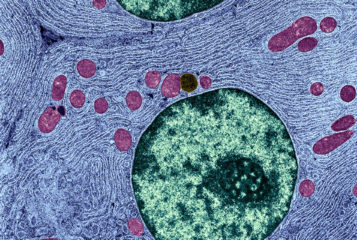Earlier this month, a large majority of MPs voted in favour of Regulations that permit mitochondrial donation to be used in treatment (see BioNews 789). But mitochondrial donation will not become lawful in the UK unless the House of Lords also supports the Regulations, and the deciding vote is due to take place on 24 February.
The Progress Educational Trust (PET) - the charity which publishes BioNews - has a longstanding interest in mitochondrial donation, and has carried out a range of related activities over the years. We first covered the issue in BioNews back in 1999 (see BioNews 24), and have since aimed to inform public debate, giving a platform in BioNews and at our public events both to those support mitochondrial donation and to those who oppose it.
At the same time, PET does take a position on this issue, and strongly supports changing the law to permit the use of mitochondrial donation in treatment. You can find out why by reading two briefings we have prepared in collaboration with the British Fertility Society - one on 'The Science', and one on 'The Ethics'.
Our recent work in this area culminated in our packed event in the Houses of Parliament on the eve of the Commons vote, entitled 'Mitochondrial Donation: Is It Safe? Is It Ethical?'. The event was attended by MPs and Peers as well as patients, researchers and members of the public, and was referred to several times by MPs during the debate in the Commons the next day. You can read about the event here, and you can read BioNews articles by those who spoke for and against mitochondrial donation on the panel.
As well having a keen interest in the Commons vote the following day, PET was also keen to find out how the event's audience thought Parliament should vote. We always elicit feedback from the audience at our events, and as a part of this exercise, we asked people 'Do you think Parliament should vote in favour of allowing mitochondrial donation to be used in clinical practice?'. We gave the options 'Yes', 'No' and 'Don't know', and we asked respondents to give reasons for their answer.
Out of 69 feedback forms returned by attendees, the overwhelming majority (55) said 'Yes' to the Regulations being passed by Parliament. 4 said 'No', 7 said 'Don't know', and 3 did not answer the question.
Reasons given for supporting the Regulations were as varied as respondents' jobs and ages, demonstrating a wide range of support. Indeed, only two respondents gave answers that were strikingly similar - 'Because there is no good reason not to' - and they were a third-year medical student and a fertility counsellor.
Some respondents (most notably genetic counsellors) supported the Regulations because it would provide them with an opportunity to help their patients - 'It is fundamental for patients with mitochondrial conditions to have the choice of having children free of mitochondrial disease', 'I work as a genetic counsellor and it would offer more options to the families I see'.
Others viewed the issue primarily as one of reproductive autonomy, stating it was a matter of 'Individual reproductive choice' (PhD student) and 'I believe this to be a technology that will respect the reproductive choices of individuals trying not to pass on a devastating genetic condition without causing actual harms' (MA Bioethics student).
One of the few who did not support the Regulations was a PhD student who said 'It's opening the way to uncontrolled births in a society that should be thinking about limits to population growth (this applies to all the planet)'.
Another respondent opposed to the Regulations (a scientist) said there were simply 'Too many unknowns'. But many of those in favour were satisfied with the evidence - 'Benefit outweighs risk', said a trainee clinical scientist. 'Weight of evidence indicates that this is the next step with robust regulation', said someone who was both a medical professor and a Church of England priest.
One of the equivocators - a student who picked the 'Don't know' option - seemed to be wrestling with an abundance of evidence, saying 'I need time to process info from today'.
When it came to the ethics, a journalist said that they could see 'No sound secular ethical objections against it, but many for it'. An MA Bioethics student said 'I believe this to be a technology that will respect the reproductive choices of individuals trying not to pass on a devastating genetic condition without causing actual harms'.
A retired teacher was in favour of the Regulations because he was convinced that of the 'Scientific, moral and family benefits'. One woman's motivation was personal - 'It affects my family directly'.
In addition to MPs attending PET's event and hearing the arguments, many MPs who debated and voted in the Commons the following day had been petitioned by their constituents to vote for or against the Regulations. The Peers, too, will have been presented with arguments and appeals by a variety of organisations and members of the public.
PET's hopes for the imminent vote are perhaps best summed up by one of the members of the House of Lords - PET's Patron, Baroness Mary Warnock - who has said, reflecting on her work in this area, that 'ignorance and prejudice should not be allowed to dictate the outcome'.





Leave a Reply
You must be logged in to post a comment.